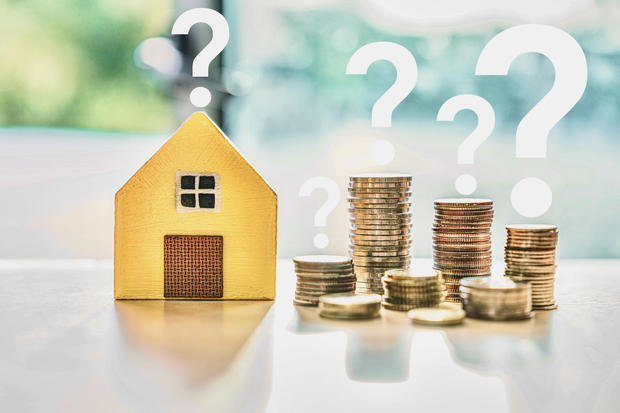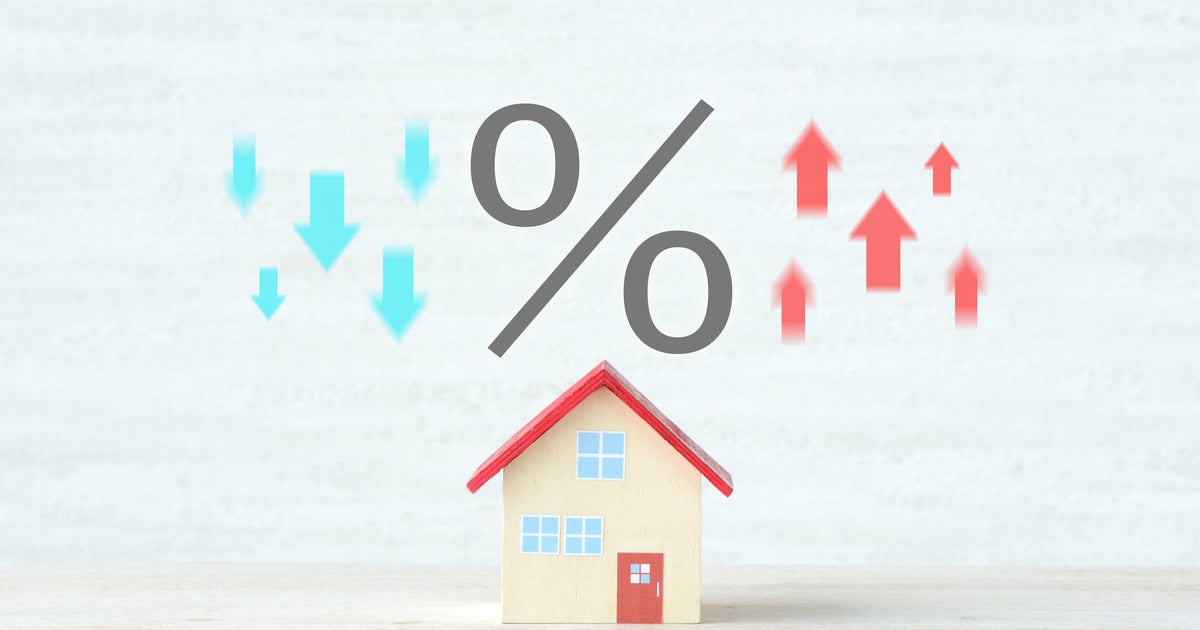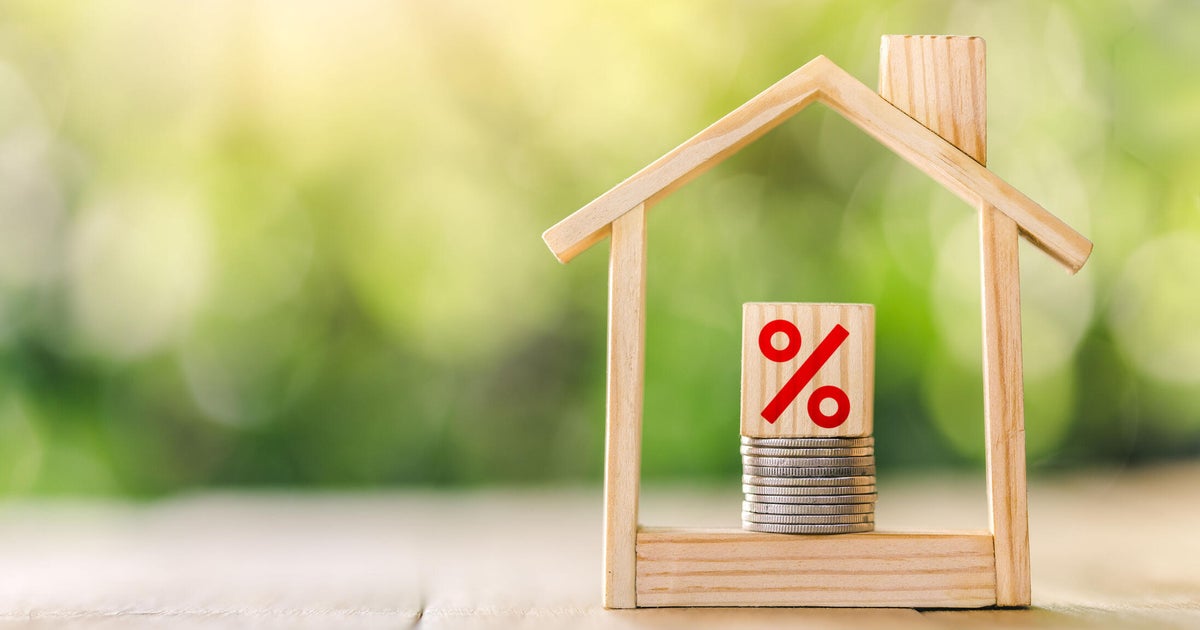Will home equity interest rates fall after the Fed March meeting?
Inflation isn't as hot as it was a year or so ago, but prices are still increasing at a 3.2% annual pace, based on the most recent inflation report. Considering the Federal Reserve's goal of 2% annual inflation, the central bank has not yet budged on interest rates, having held the federal funds rate steady at a 23-year high since last summer.
Meanwhile, home equity interest rates have also remained high. The average home equity loan rate is currently 8.66% (as of March 12, 2024) and the average home equity line of credit (HELOC) rate is 8.99%.
"Keep in mind, home equity and HELOC rates follow the prime rate, which is based on the fed funds rate — as opposed to mortgage rates which, traditionally, follow Treasury yields. This is why we've seen purchase and refinance mortgage rates slowly declining — although fluctuating — while home equity rates are standing still," says Brian Shahwan, VP mortgage broker at William Raveis Mortgage.
The Fed's next interest rate decision will come on March 20. At that time, what will happen to home equity interest rates?
Explore the home equity loan rates available to you today.
Will home equity interest rates fall after the Fed March meeting?
While there's no certainty as to what exactly the Fed will do and where interest rates will head, many experts foresee the Fed keeping rates unchanged following its March meeting. However, predictions vary as to when exactly the Fed will start cutting rates and how that will affect home equity interest rates.
A few months ago, experts were more optimistic about rate cuts in early 2024, but that has largely changed recently.
"At the beginning of the year, it was expected that the Fed would begin to cut interest rates as inflation trends improved. After rates remained unchanged in January, we expect them to remain unchanged again, if not slightly higher, since the Fed's main goal is to bring inflation back toward the 2% target, for which a downward push is still needed," says Ilan Bracha, founder and CEO of IB Global Real Estate Funds.
That said, home equity interest rates could start dropping in a few months, but not quite yet, according to some experts.
"We won't see home equity and/or HELOC rates fall until the Fed ultimately starts cutting rates, which unfortunately won't be in March. With stronger than expected recent economic data, the expectation is that the first rate cut will be no sooner than May or June, so lower home equity rates in March are very unlikely," says Shahwan.
Even if rates start falling relatively soon, the more significant drop might not happen until later this year.
"There have been some indications that home equity rates specifically will drop in 2024, however, most experts have stated they believe the most significant change will happen during the second half of the year," says Tai Christensen, president and co-founder of Arrive Home.
"Having said this, accurately predicting the Federal Reserve's actions is quite challenging. I believe that rates will remain steady through March with more notable rate cuts at the beginning of summer," she adds.
Find out your top home equity loan rate options here.
Should you borrow against your home equity before rates fall?
While some homeowners might be watching the Fed to see if they should take out a home equity loan or HELOC — or engage in other measures like refinancing or moving — there can still be advantages to acting now, before rates fall.
"It's crucial to strike a balance between seizing a favorable opportunity and not waiting indefinitely," says Bracha.
For example, you might decide to use a cash-out refinance loan to tap into your home equity and consolidate debt now, rather than letting a difficult situation linger.
"If a homeowner has high-interest debt, such as credit card balances or personal loans, doing a cash-out refinance to a higher-rate mortgage to pay off these debts can be greatly advantageous," says Christensen.
And whether you're looking to refinance or take out a home equity loan or HELOC, it's important to consider the specific offers available to you, rather than only looking at the broader averages.
"Homeowners should keep their own specific situation as top priority. There are great rates and programs available today for those in need," says Shahwan.




